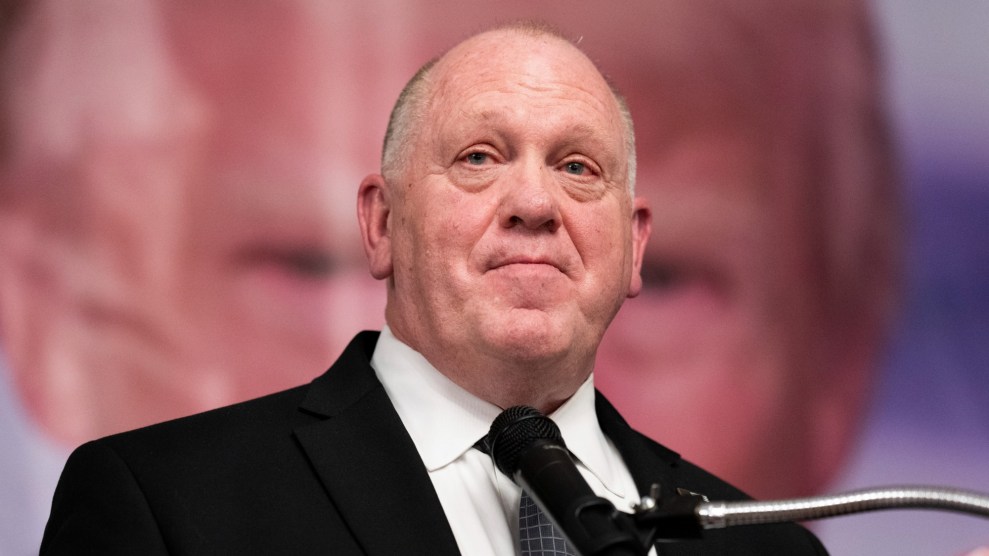
While investors spend time worrying how their stocks will do, members of Congress often already know. Gregory Boller, a professor of marketing at the University of Memphis, took a peek inside Congress’ portfolio. With the help of students, Boller compared financial disclosure statements with voting records and found at least 83 members with some eyebrow-raising coincidences between playing the market and passing the law. A sampling:
LLOYD BENTSEN (formerly D-Texas) On Feb. 22, 1991, then-Sen. Bentsen purchased stock (reported as between $1,000 and $15,000 in value) in food and dairy company Morningstar Foods. Four days later, an amendment to the National School Lunch Act was introduced in the Senate to diversify milk choices for lunch programs. On Dec. 23, 1991, Bentsen sold his stock. Eight days later, Morningstar came under a Justice Department probe into bid-rigging to sell milk in public schools.
SEN. AL D’AMATO (R-N.Y.) On Oct. 22, 1992, D’Amato purchased between $8,000 and $120,000 worth of stock in eight different public utilities. Two days later, President Bush signed the National Energy Policy Act. A part of the bill, which wasn’t publicized, deregulated energy transmissions, offering growth opportunities for many utilities.
SEN. BOB DOLE (R-Kan.) In October 1992, Dole reportedly bought between $30,000 and $100,000 worth of stock in Automatic Data Processing and AT&T. Four days later, President Bush signed the Defense Reauthorization Act, which standardized “automatic data processing and telecommunications” for military departments.
SEN. DON NICKLES (R-Okla.) In March 1993, Nickles bought $3,785 worth of stock in Genentech and $3,894 worth of stock in Genetics Institute (both biotechnology firms) while Congress was considering the National Institutes of Health Revitalization Act. NIH traditionally has been a major funder of biotech firms.
REP. NEWT GINGRICH (R-Ga.) In January 1992, Gingrich bought between $1,000 and $15,000 worth of Boeing stock. Three weeks later, when the House introduced the NASA Authorization Act, Gingrich helped kill amendments to cut funding for the space station program. Later, Boeing became the prime contractor for the station.















